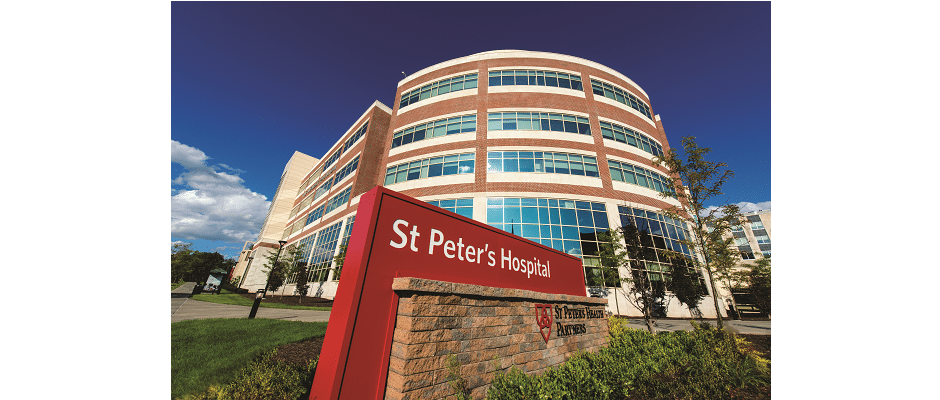
[This story was written by Kassandra Foley, MHA, MT(ASCP)cm, CIC, Regional Director for Infection Prevention & Control, St. Peter’s Health Partners and St. Joseph’s Health.]
With the kids back to school, COVID cases on the rise, and cold and flu season looming, this is prime “germ sharing” time. It’s important to remember – and remind the children in your life – that washing your hands is still the gold standard and best defense against illness.
Proper and frequent hand washing is an important part of any plan to avoid getting or passing along infectious diseases. The Centers for Disease Control and Prevention (CDC) stresses that you need to avoid touching your eyes, nose, and mouth with unwashed hands.
You should be washing your hands:
- Whenever your hands are visibly dirty.
- Before eating.
- After using the toilet, when the number of germs on your fingertips doubles.
- When you’ve coughed or sneezed.
- After you’ve petted or cared for pets.
- Before preparing food.
- After touching raw meat, poultry or fish and especially before you touch any fresh food, such as lettuce, that does not require cooking.
- When you’ve changed a baby’s diaper.
- When you’ve been working outside in the garden.
- After handling garbage.
- After you’ve taken medication or treated a sore on your skin.
- Before inserting or removing a contact lens.
How you wash is just as important as when you wash. Just placing your hands under running water for a few minutes will do little, if anything, to get rid of harmful bacteria. Always remember to:
- Use warm water and soap, lathering up all over the hands, in between the fingers, under the nails and up the wrists. Remember that millions of bacteria can hide under a ring, watch band or bracelet.
- Take at least 20 seconds – the time it takes to sing the Happy Birthday song twice – to wash, rubbing the hands vigorously together before rinsing.
- Dry the hands thoroughly with a clean towel or paper towel.
Alcohol-based hand sanitizer is great for in-between hand washings or when you don’t have access to soap and water. Especially as you navigate public spaces with high-touch areas and items (e.g. door handles, credit card payment devices, waiting room chairs, handling cash, etc.), regular use of hand sanitizer can help keep germs at bay until your next opportunity to wash your hands.
At the end of the day, washing your hands with soap and water is the best hygiene method, because it gets rid of dirt, debris, grime, and most germs, including the highly contagious stomach bug norovirus and some bacteria like C. difficile. For your safety and the health of those around you, make frequent hand washing and sanitizing a regular part of your day.





